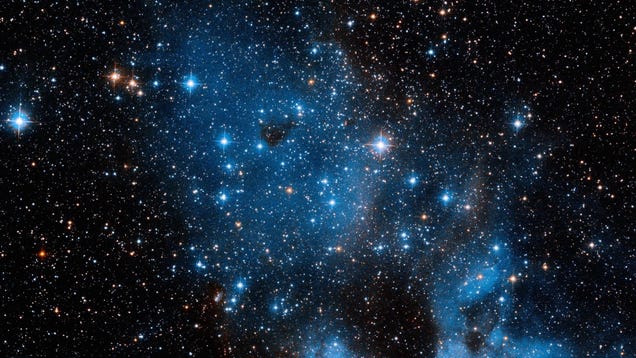
NASA is addressing an issue with a Hubble Space Telescope gyroscope that prompted the observatory to enter safe mode on November 23. Science operations have been suspended as a result, but the space agency doesn’t seem too worried.

NASA is addressing an issue with a Hubble Space Telescope gyroscope that prompted the observatory to enter safe mode on November 23. Science operations have been suspended as a result, but the space agency doesn’t seem too worried.

If you’re a horror fan and you have a Prime Video subscription, your streaming options are vast—especially if you don’t mind ads (via
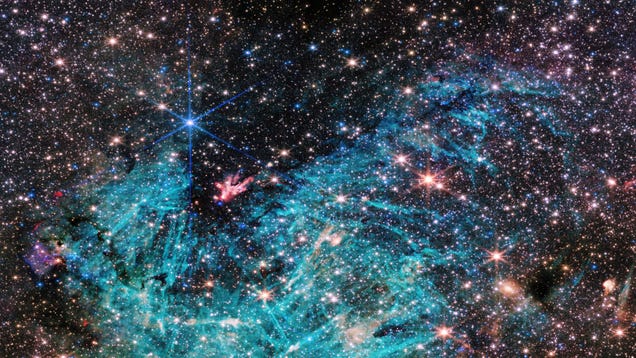
The center of our galaxy is a menagerie of exotic objects; a supermassive black hole, clouds of hot gas, and giant stars that can help inform the origin story of much of the universe. Using the Webb telescope, scientists got to see this chaotic region of the Milky Way in a different light, revealing new features and…
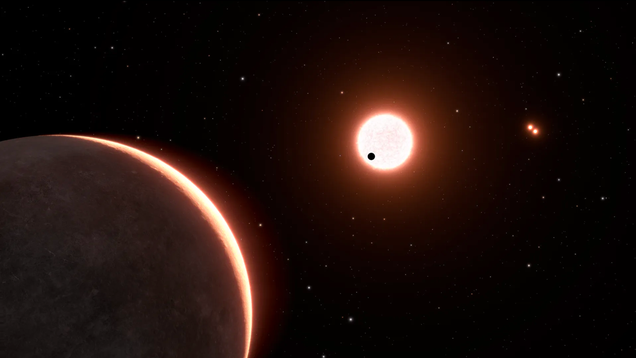
The Hubble Space Telescope just ogled an exoplanet passing in front of a star in a triple system, revealing the nearby world’s mass.
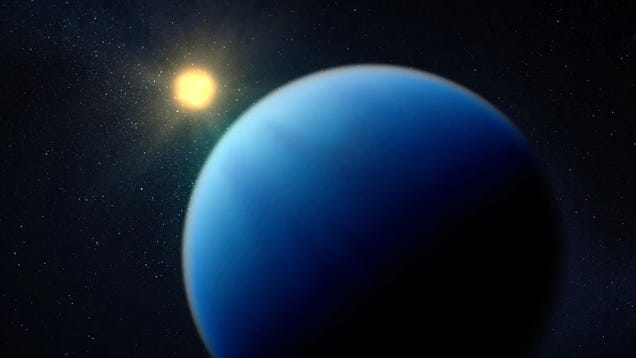
Exoplanets pushing their atmospheres away may explain a gap in exoplanet masses, according to a team of researchers that recently studied data from NASA’s retired Kepler Space Telescope.
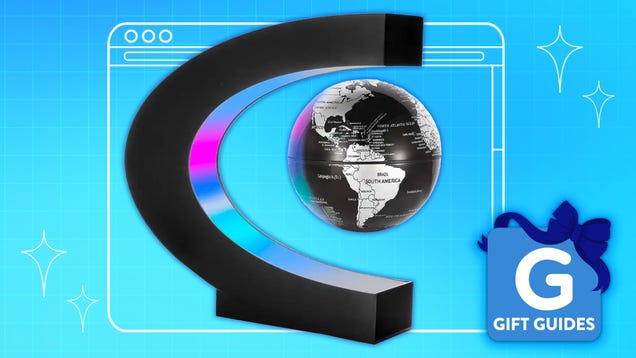
Too often, the everyday science of our lives goes unappreciated, from the electrical engineering that powered your toaster this morning to the astronomical insights that allow you to understand what appears in the sky at night. It can be hard to find tools and toys that make us enthusiastic about the phenomena that…
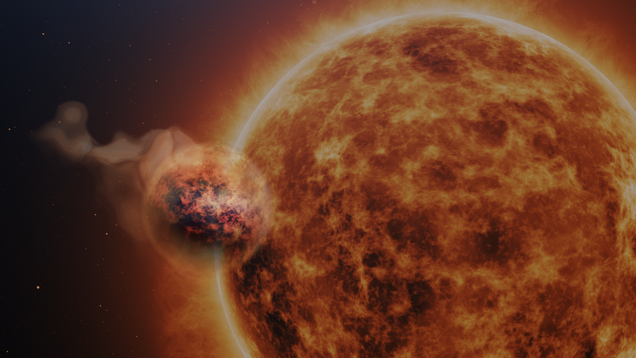
The Webb Space Telescope has revealed a world quite alien compared to our own: WASP-107b, a Neptune-like gas giant that orbits a star some 211 light-years from Earth. Webb has now detected water vapor and sulfur dioxide in the planet’s atmosphere, as well as sand-like silicate clouds.
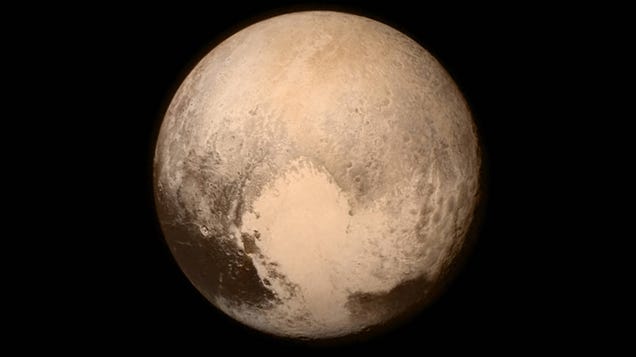
NASA has produced thousands of images over its illustrious 65-year history, but some images have had a far greater impact than others. Among this vast portfolio, certain images stand out for having reshaped our understanding of space and our place within it, capturing moments that have both ignited the collective…
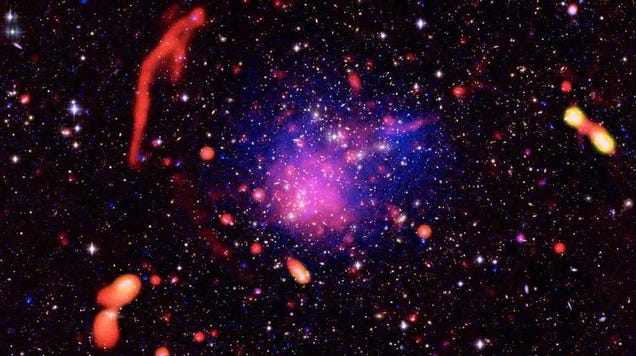
A recent deep field image from the Webb Space Telescope, showcasing a region of space known as Pandora’s Cluster, or Abell 2744, features two galaxies. These galaxies are remarkable for their distance from Earth, being the second and fourth most distant galaxies ever observed, according to a team of researchers that…
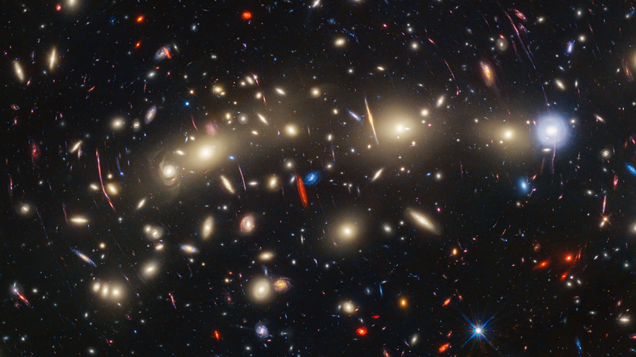
It’s not yet December, but NASA is already in a festive mood: the Webb and Hubble space telescopes recently imaged MACS0416, a pair of colliding galaxy clusters 4.3 billion light-years from Earth that is bedecked in sparkling lights.